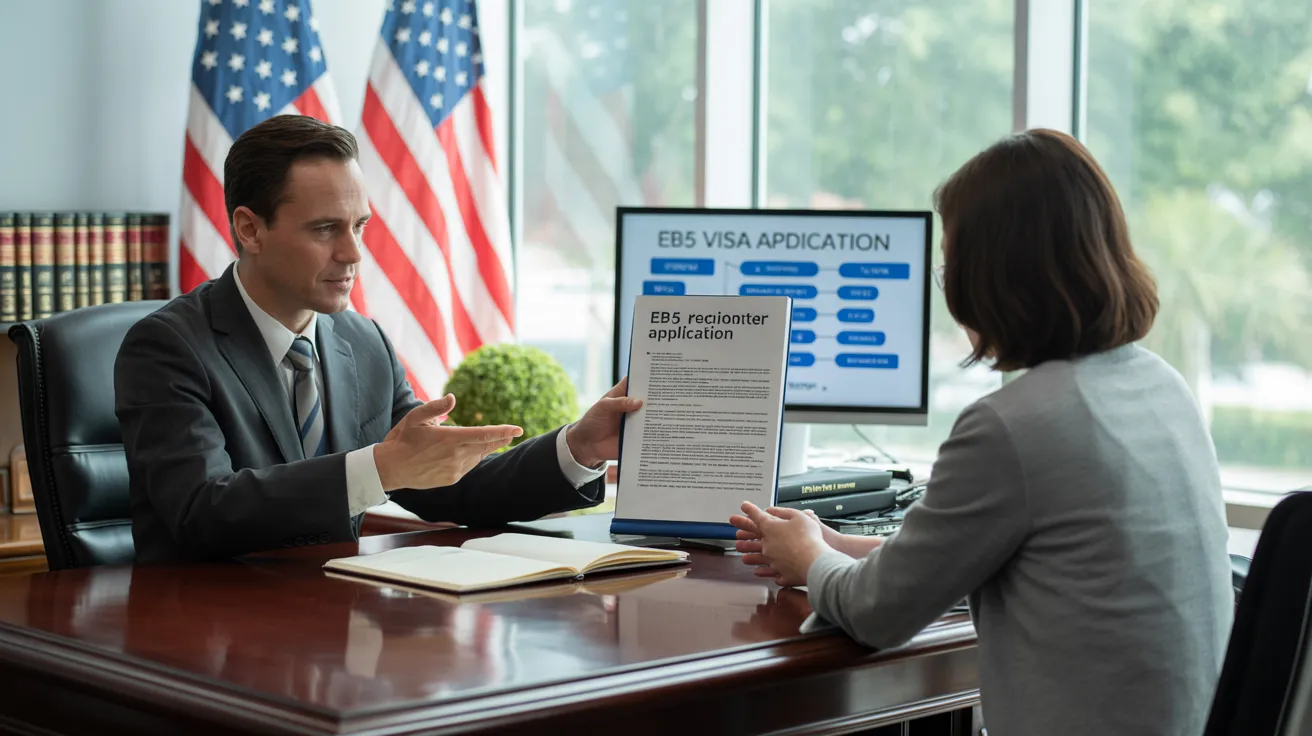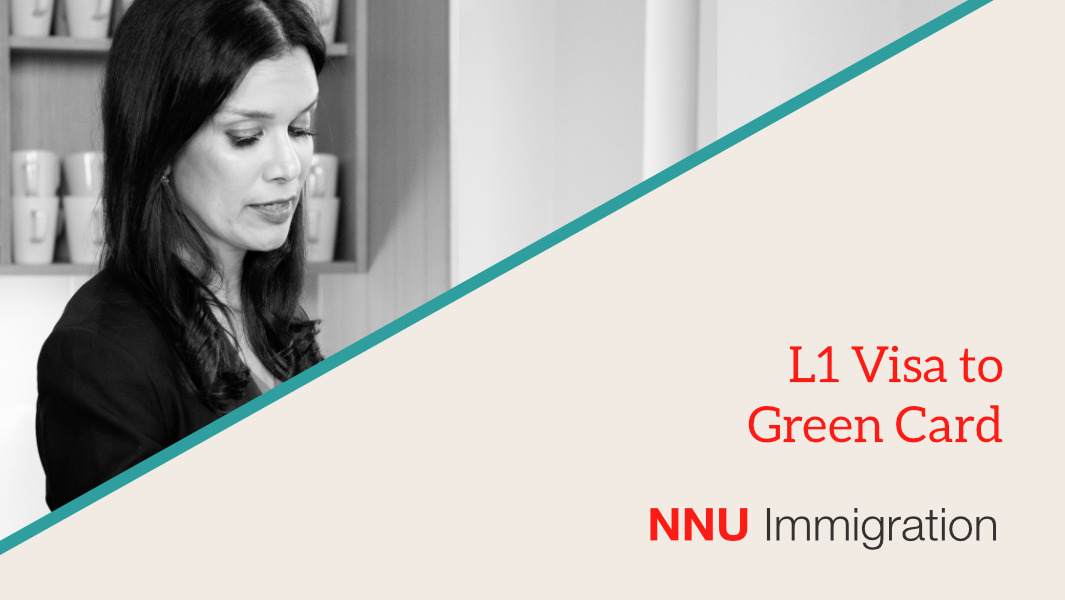Apply for L1 Visa
The Main Principles Of L1 Visa
Table of ContentsFascination About L1 VisaGet This Report on L1 VisaThe Facts About L1 Visa RevealedL1 Visa Can Be Fun For EveryoneHow L1 Visa can Save You Time, Stress, and Money.The 3-Minute Rule for L1 Visa
Offered from ProQuest Dissertations & Theses International; Social Science Costs Collection. DHS Office of the Inspector General. Gotten 2023-03-26.
U.S. Department of State. Recovered 2023-02-08. Tamen, Joan Fleischer (August 10, 2013).
L1 Visa - Truths
In order to be qualified for the L-1 visa, the international firm abroad where the Recipient was employed and the United state company must have a certifying relationship at the time of the transfer. The various types of qualifying partnerships are: 1.
Example 1: Company A is included in France and uses the Beneficiary. Company B is integrated in the U.S. and wants to request the Recipient. Company An owns 100% of the shares of Business B.Company A is the Moms And Dad and Business B is a subsidiary. There is a certifying relationship in between the two business and Company B ought to be able to sponsor the Beneficiary.
Business A has 40% of Company B. The remaining 60% is had and regulated by Company C, which has no connection to Business A.Since Business A and B do not have a parent-subsidiary relationship, Firm A can not fund the Beneficiary for L-1.
Instance 3: Firm A is integrated in the united state and intends to seek the Beneficiary. Company B is included in Indonesia and employs the Beneficiary. Business A has 40% of Firm B. The staying 60% is possessed by Business C, which has no relation to Business A. However, Business A, by formal arrangement, controls and full manages Firm B.Since Business An owns less than 50% of Business B yet manages and controls the firm, there is a qualifying parent-subsidiary relationship and Business A can fund the Recipient for L-1.
Some Known Facts About L1 Visa.
Affiliate: An associate is 1 of 2 subsidiaries thar are both owned and regulated by the same parent or individual, or possessed and managed by the exact same group of individuals, in primarily the very same proportions. a. Example 1: Company A is integrated in Ghana and uses the Beneficiary. Business B is included in the united state
Business C, also integrated in Ghana, owns 100% of Business A and 100% of Firm B.Therefore, Business A and Business B are "affiliates" or sister firms and a qualifying connection exists in between both firms. Business B must have the ability to sponsor the Recipient. b. Instance 2: Business A is integrated in the U.S.
Company A is 60% owned by Mrs. Smith, 20% owned by Mr. Doe, and 20% had by Ms. Brown. Firm B is incorporated in Colombia and currently employs the Beneficiary. Firm B is 65% owned by Mrs. Smith, 15% possessed by Mr. Doe, and 20% had by Ms. Brown. Business A and Business B are affiliates and have a certifying connection in 2 different ways: Mrs.
The L-1 visa is an employment-based visa category established by Congress in 1970, permitting multinational companies to move their managers, execs, or essential personnel to their United state procedures. It is typically referred to as the intracompany transferee visa.

Additionally, the recipient should have worked in a supervisory, exec, or specialized employee position for one year within the 3 years coming before the L-1A application in the foreign business. For brand-new workplace applications, international employment needs to have remained in a managerial or executive capability if the beneficiary is pertaining to the USA to work as a supervisor or executive.
The Basic Principles Of L1 Visa

If provided for an U.S. company functional for even more than one year, the preliminary L-1B visa is for approximately three years and can be expanded for an additional two years (L1 Visa). Alternatively, if the U.S. business is freshly established or has been operational for less than one year, the preliminary L-1B visa is issued for one year, with extensions readily available in two-year increments
The L-1 visa is an employment-based visa group established by Congress in 1970, allowing multinational firms to transfer their managers, execs, or key workers to their U.S. procedures. It is commonly described as the intracompany transferee visa. There are 2 major kinds of L-1 visas: L-1A and L-1B. These types are suitable for staff members hired in different positions within a firm.
L1 Visa Things To Know Before You Get This
In addition, the recipient needs to have operated in a supervisory, exec, or specialized employee setting for one year within the 3 years preceding the L-1A application in the international firm. For new office applications, foreign employment needs to have remained in a supervisory or executive capacity if the beneficiary is involving the United States to function as a manager or executive.
for up to seven years to look after the procedures of the U.S. associate as an executive or supervisor. If issued for a united state company that has been functional for even more than one year, the L-1A visa is at first approved for up to three years and can be extended in two-year L1 Visa attorney increments.
If given for an U.S. business functional for greater than one year, the first L-1B visa is for as much as three years explore your L1 Visa and can be extended for an added two years. Alternatively, if the U.S. firm is recently established or has been operational for less than one year, the first L-1B visa is issued for one year, with extensions offered in two-year increments.